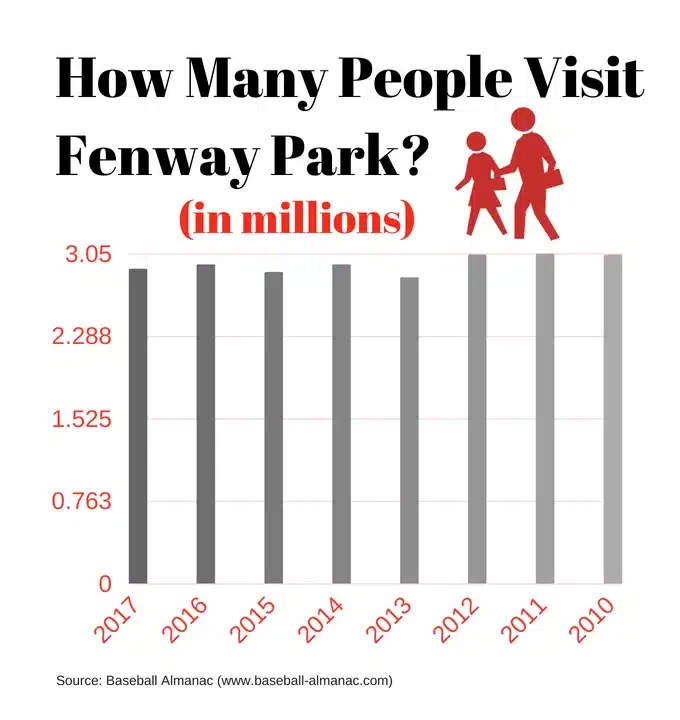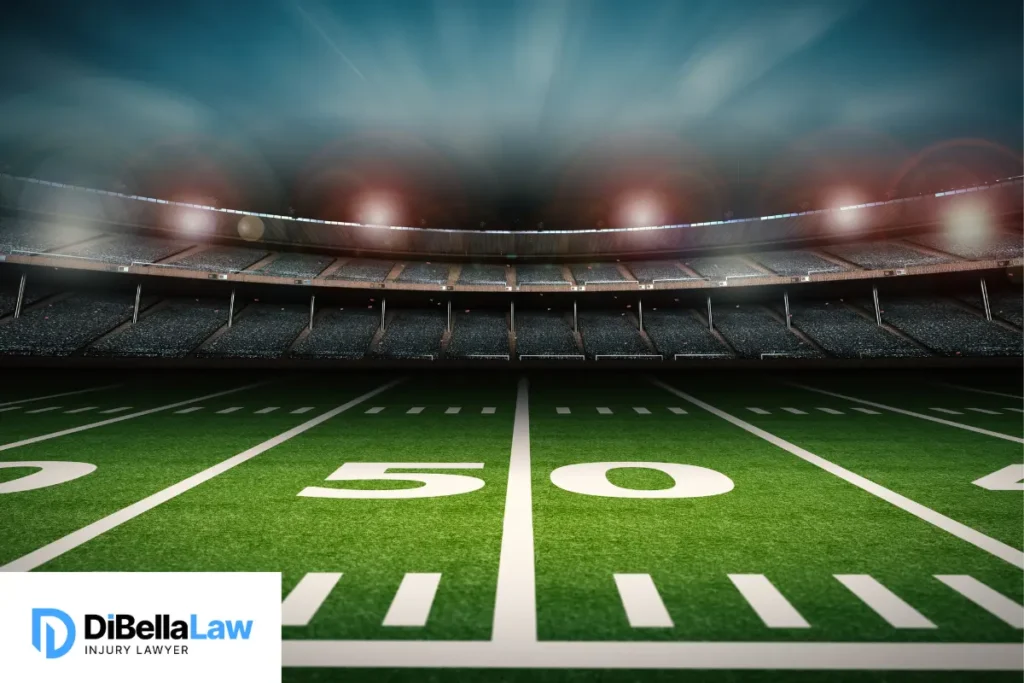From Fenway Park to Boston Garden to Gillette Stadium, there’s no doubt that Massachusetts has some of the best sports stadiums in the country. But while most of the time you go to see an exciting match-up between two teams and make a lot of great memories, sometimes going to catch a game can be dangerous. So what happens when a spectator is hurt while on the stadium premises? It depends on the specific situation. Here are the basics.
The Baseball Rule
The Baseball Rule got a lot of attention in 2015 when a woman was hit with a piece of broken bat at a Red Sox game. When you’re sitting close to home plate, where a foul ball or a piece of bat can hit you, the Baseball Rule comes into play.
The Baseball Rule stipulates that anyone attending a sporting event is assuming some risk just by going to the event—in other words, the team and venue are generally released from all liability. The woman hit with the bat tried to sue for her injuries, but the local courts, and then the Superior Court, granted summary judgment to the defendant. In this case, it was Fenway Park. Because the woman willingly went to the game, argued the defendant, she willingly assumed some risk. Unfortunately, no compensation could be claimed.
Although this rule is named after baseball, it applies to other professional sports as well. If someone attends a Boston Bruins game at TD Garden and gets hit with a puck, the Baseball Rule may still apply. However, there are exceptions to it.
Because certain areas of the stadiums have more risk than others, stadium owners still have a level of duty to keep their patrons safe. For example, someone sitting right behind home plate is going to be more at risk than someone sitting way up in the bleachers. And someone sitting right behind a net at a hockey game is going to be more at risk than someone sitting in the “nosebleed” section. Stadium owners do have a duty to provide protective screening in these high-risk areas of the stadium. They also have a duty to NOT allow people to return to their seats during live play, which can be very risky. As such, if security allowed someone to return to his seat while play was ongoing, or the protective screening was defective or missing, and that spectator was seriously injured, the stadium may be legally responsible.

Over-Serving Alcohol
Accidents in Parking Lots
If a spectator is negligent and causes a car collision, he or she is likely to be held liable. If this is a result of drunk driving from being over-served, the stadium owner may also be held liable for the victim’s injuries and other losses.
If an accident occurs due to lack of security or poor lighting in the parking lot, such as someone being assaulted, the stadium owner could be held liable for paying compensation for any injuries that result.
Of course, if a portion of the parking lot is in disrepair or defective, and someone slips and falls, the stadium owner may be held liable here, too. This was the case in 2003 when a bus was carrying a number of passengers from Gillette Stadium back to their vehicles. A gate unexpectedly swung open and crashed into the bus, injuring many of those passengers. A man named Thomas Kelley died a month later as a result of his injuries. In this case, the court found that the gate was usually secured with a three-pound pin, and that on that fatal day in 2003, the pin was not properly secured. Because this was considered negligence on the stadium’s part, it was ordered to pay $4.4 million dollars to Kelley’s family.
After a Sporting Injury, Talk to an Attorney
Whether or not injured spectators can claim compensation for their injuries from a stadium owner will depend on the specific situation. And because each situation is unique, if you’re injured at a stadium, you should speak to a Burlington personal injury lawyer who can advise you on whether or not you have a case. Call the team at DiBella Law Injury and Accident Lawyers, at (781) 386-1232 for a free consultation.
